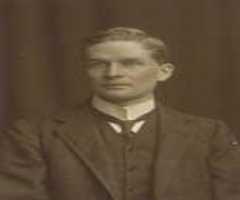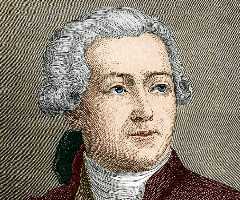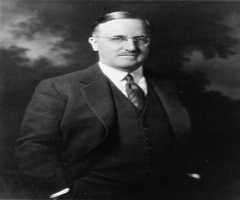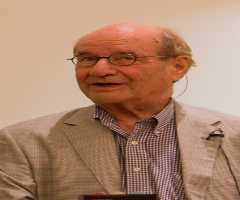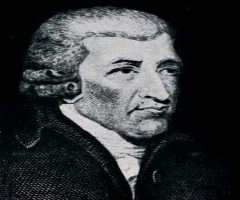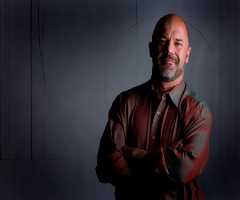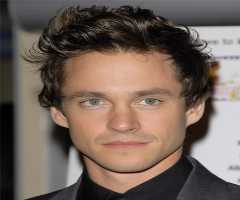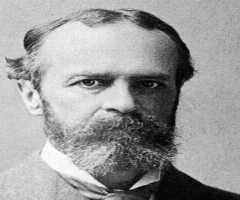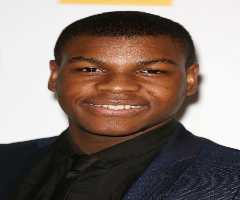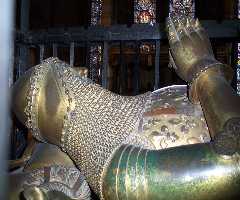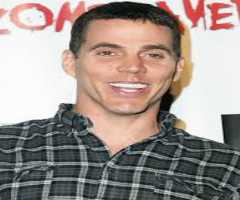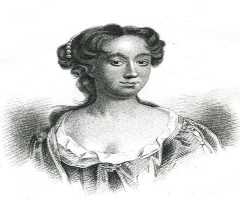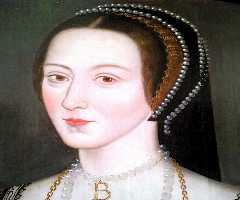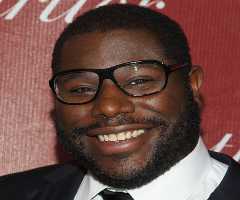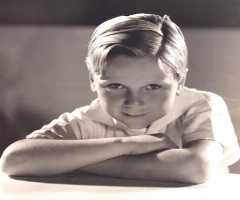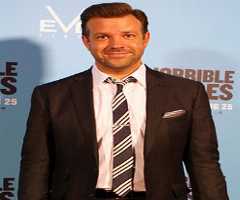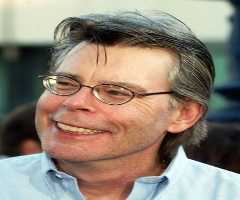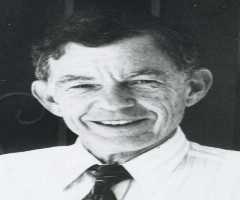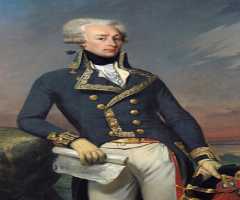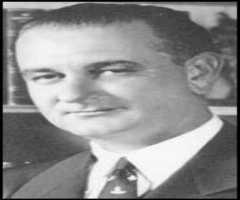Derek Harold Richard Barton Biography, Life, Interesting Facts
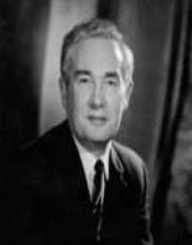
Birthday :
Died On :
Birth Place :
Gravesend, England, United Kingdom
Zodiac Sign :
Derek Harold Barton was a Nobel Prize winning Chemist from England who did remarkable research in the determination of the 3-D structure of organic compounds.
Derek Barton made significant contributions to the oxidation of saturated hydrocarbons and the synthesis of aldosterone – a key component for treating Addison’s disease.
Childhood & Early Life
Derek Barton was born in Gravesend, Kent, England on September 8, 1918. His star sign was Virgo. His parents were William Thomas Barton, a carpenter, and Maude Henrietta Lukes.
Education
Derek Barton attended the Gravesend Grammar School in 1926 and then went to the King School, Rochester in 1929. Three years later, he was enrolled at the Tonbridge School, Kent. He also studied at the Gillingham Technical College.
Derek Barton received his B.Sc. in Chemistry from the Imperial College London in 1940. He also earned a research fellowship and obtained his Ph.D. in 1942. He received his Doctorate in 1950.
Career
Derek Barton was ready to work at a time when the World War II was going on. He had to enlist in the Army but was found medically unfit and was able to continue his research at the Military Intelligence where he developed a new kind of invisible ink. After the WW II, he became a lecturer at the Imperial College, London. He began researching steroids, which brought him into contact with Louis Fieser, who headed the Harvard Chemistry Department. Derek Barton went to Harvard as a temporary researcher and researched on conformational analysis – work that was crucial for his Nobel Prize-winning research. Derek Barton came back to London and became an Associate Professor of Organic Chemistry at the Birkbeck College in 1950. Three years later, he became a Professor.
In 1955, he became a Regius Professor at the University of Glasgow where he worked for the next two years. In 1957, he became the chairman of the Chemistry Department at the Imperial College. Derek Barton collaborated with the Research Institute for Medicine and Chemistry to develop a profitable method of synthesizing aldosterone. He was elected the President of International Union of Pure and Applied Physics in 1969.
Derek Barton became a Hoffman Professor of Organic Chemistry at the Imperial College in 1970 and worked there for the next eight years. He became the Director of the Institute of Chemistry of Natural Substances till 1986 and then became a Distinguished Professor of Chemistry at the Texas A&M University in the US. Barton has written & co-written four books – Comprehensive Organic Chemistry in 1979, Some Recollections of Gap Jumping in 1991, Half a Century of Free Radical Chemistry 1993 and Reason & Imagination: Reflections of Research in Organic Chemistry 1996.
Awards & Honors
Derek Barton was awarded many prizes and honors in his long career. He won the ‘Corday-Morgan Medal’ in 1951 and three years later became a member of the ‘Royal Society.’ In 1956, Derek Barton was awarded the Fritzsche Award, and he won the Roger Adams Medal four years later. In 1961, he also won the Davy Medal.
The biggest of his prizes came in 1969 when he was awarded the Nobel Prize in Chemistry. In 1972, he won the RSC Longstaff prize and the Royal Medal. In the same year, he became a ‘Knght of the British Empire’ and a member of the ‘Legion d’Honneur’ in 1972.
He also won the Copley Medal in 1980 and the Priestley Medal in 1995.
Personal Life
In his life, Derek Barton married thrice. His first marriage was to Jeanne Kate Wilkins. They married on December 20, 1944, and had a son named William Godfrey Lukes Barton. The marriage ended in divorce. In 1969, Derek Barton married his second wife, Christiane Cognet. They remained married until her death in 1992.
One year later, Barton married Judith Cobb.
Death
Derek Barton died on March 16, 1998, after he suffered a heart attack. He was 79 years old.
More Chemists
-
![Hans Fischer]()
Hans Fischer
-
![Frederick Soddy]()
Frederick Soddy
-
![Martin Heinrich Klaproth]()
Martin Heinrich Klaproth
-
![Arnold Orville Beckman]()
Arnold Orville Beckman
-
![Walter Gilbert]()
Walter Gilbert
-
![James Young]()
James Young

